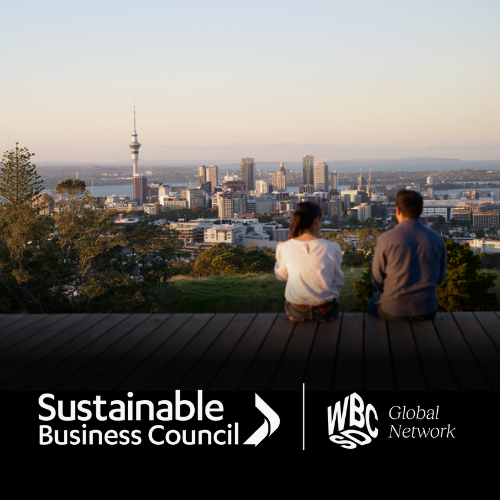What does good sustainability reporting look like?
More and more businesses are reporting on their sustainability initiatives, in response to consumer and investor demand, and regulatory requirements. But what does good reporting look like and how do you get there?
More and more businesses are reporting on their sustainability initiatives, in response to consumer and investor demand, and regulatory requirements. But what does good reporting look like and how do you get there?
In our latest member review we took a look at over 40 reports and websites to find the best examples of sustainability storytelling. We found that businesses are more conscious of engaging with stakeholders on sustainability, to listen to their interests – as done by Sanford and SKYCITY.
More businesses are using web-first and interactive formats such as sustainability microsites or interactive online reports, and videos – for example, Air New Zealand, Lion and Mercury.
We also saw that businesses are now reporting on more sustainability topics, including megatrends, ethics, human rights and labour issues. Reporting is on the rise for emissions measurement and reduction plans, which reflects the commitment from some of our member businesses to the Climate Leaders Coalition. And we can see there are some complex issues that make it difficult for some businesses to incorporate sustainability throughout the supply chain.
We get these insights into reporting trends and emerging issues facing the business sector through our member review process. The Sustainable Business Council does this review every two years, to see how our members are tracking against the SBC member commitments and how they’re talking about it.
We look at aspects such as whether they’re reporting on sustainability performance as well as financial performance, and then we give members detailed feedback to help them improve. Our members tell us that this is valuable to them, and they want their own businesses, and others in the membership, to be held to account.
We’ve seen some remarkable shifts in the New Zealand sustainability and reporting landscapes. Sustainability reporting is becoming widespread and increasingly unavoidable. The NZX Corporate Governance Code now requires listed companies to publish information about the environmental, economic and social sustainability risks that they might face.
With the good examples of best practice from members, plus members letting us know where we can help them go further with their sustainability, we expect to see some more positive shifts and new approaches by the time of our next member review in 2019.
Read more about SBC’s strategy and work in our latest Annual Snapshot. We’ll hold a webinar on this topic shortly – keep an eye on our events page, and members will receive an invitation soon.
Contact: Alison Herft, Manager – Member Engagement
Phone:
Email:

